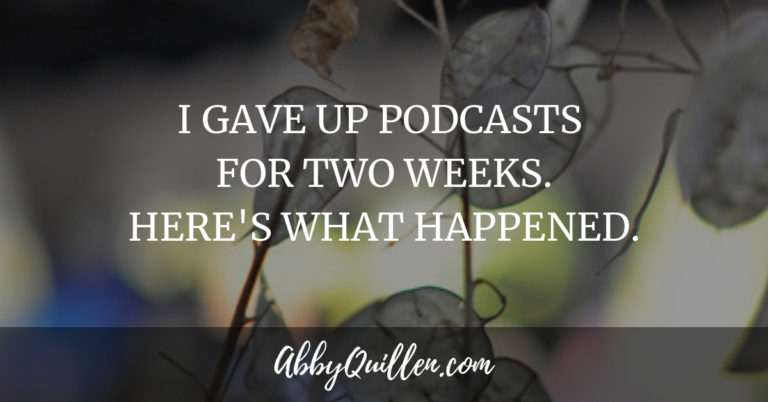I Gave Up Podcasts for Two Weeks. Here’s What Happened.
What’s not to love about podcasts? They’re educational, entertaining, and free. I’ve been a fan since I downloaded my first one on my iPod Nano back in 2008. I’ve listened to countless hours of Radiolab, This American Life, Invisibilia, Serial, and S-Town. I’d recognize Jad Abumrad’s voice in a crowded room. I’ve also listened to…
